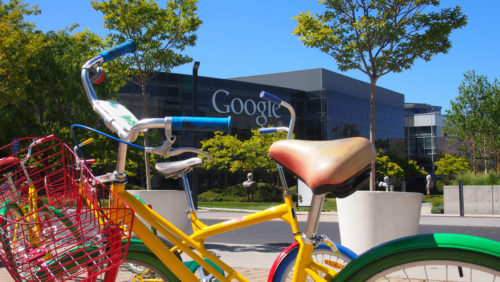Does Google’s next big OS have a touch of Fuchsia?
Does Google’s next big OS have a touch of Fuchsia?

Fans of Google’s Android and Chrome operating systems will want to keep their eyes on a new project recently mirrored on GitHub called Fuchsia, and despite it appearing on the open source repository source, very little is actually known about the project as of now.
There haven’t been any official announcements from Google, seemingly because the project is in its earliest stages of development.
In an IRC chatlog distributed on popular technology news aggregate Hacker News, Google’s Brian Swetland stated: “The decision was made to build it open source, so might as well start there from the beginning,”
What we can expect is an operating system that isn’t based on either the Chrome or Android systems. In fact, Fuchsia may not even be based on an existing Linux kernel. Android Police, the site that initially reported on rumors of the new project, expanded on Fuchsia’s use of the Magenta kernel, a powerful solution for operating systems that power a variety of device-types down to the simplest IoT systems.
As a kernel, Magenta has the ability to scale from small connected devices to mobile, and even desktop systems.
If Chrome is the solution of choice for desktop systems, and Android the designated operating system for mobile, then it stands to reason that Google’s next big operating system project would be focused on the emerging Internet of Things market, a quickly-evolving ecosystem of networked systems and devices that span many levels of size and complexity.
Is Fuchsia the next step for Chrome and Android?
Other rumors indicated that Fuchsia would become the base for a new generation of Chrome and/or Android, enabling these systems to take advantage of tomorrow’s demands. With augmented reality and VR putting additional strain on current-generation hardware and software, a streamlined operating environment would make expanding on these applications easier.
Nick Mediati of PC World theorized: “One possibility I see is where Google uses Fuchsia instead of Linux as the underpinnings for next-generation versions of Chrome OS and Android. That is, both would use some form of Fuchsia — or the Magenta kernel — as the underlying basis of the two operating systems (as well as the operating system for other Google devices such as the Chromecast).”
Whatever the case may be: This is going to be one project worth watching.
The post Does Google’s next big OS have a touch of Fuchsia? appeared first on ReadWrite.
(20)

